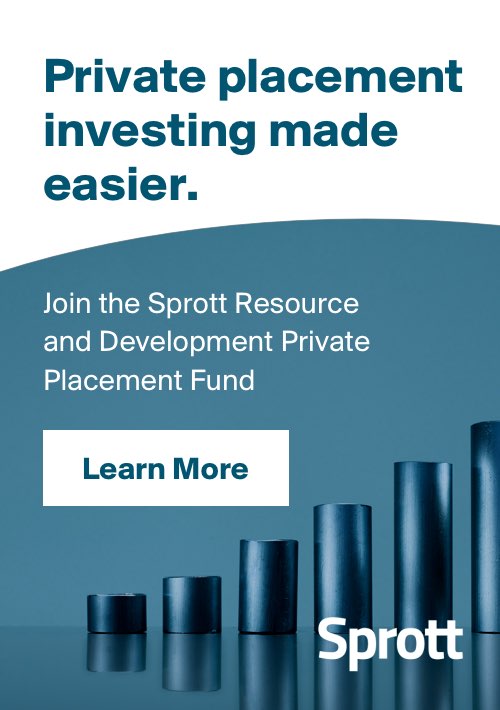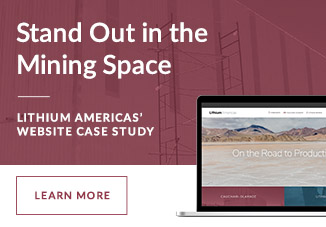 Source: MDGRPHCS, Shutterstock.com
Source: MDGRPHCS, Shutterstock.comNeovasc Inc. (TSX: NVCN; NASDAQ: NVCN), a Vancouver-based international medical device company known for its flagship treatment for refractory angina, announced on Thursday that it had entered into a private placement agreement to raise US$10 million (all dollar amounts in this article US).
The company will issue 2.41 million special units at $4.13 each, the at-market price for its Nasdaq-listed shares at market open on Jan. 2, when the deal was announced. Each unit will include a common share and a purchase warrant, exercisable at $4.13 for the next four years.
Neovasc says it intends to use proceeds to fund the commercialization of its Reducer product and for the ongoing development of its Tiara device.
Neovasc’s Reducer is a tiny device implanted into the coronary sinus—a collection of veins that collect blood from the heart—in order to treat refractory angina, an arterial condition that prevents the heart from receiving adequate quantities of oxygenated blood. It has been available commercially in the EU since 2015, and last September was listed as a best practice treatment in the European Society of Cardiology’s 2019 guidelines for coronary syndromes.
The company has long been making efforts to bring the Reducer to the US market, where it says up to 1.8 million patients could benefit from the device. On Tuesday it announced that it had submitted a premarket approval application to the US Food and Drug Administration, along with a request to meet with a regulatory advisory panel. Neovasc says the application includes one 2015 study that showed a significant improvement in angina symptoms and quality of life in patients implanted with the Reducer, as well an ongoing European post-market study and “evidence from multiple peer-reviewed publications.”
Shares of the company skyrocketed 104.3% on the news to $8.09 per share, only to fall back down at the outset of the new year. If the company is able to commercialize the device in the US, it certainly could be a huge boon, but so far, investors seem reluctant to jump on board on the strength of that possibility alone.






